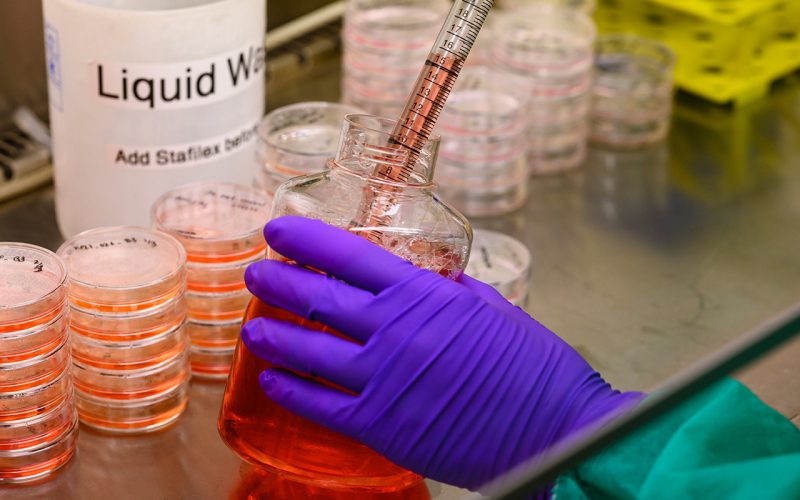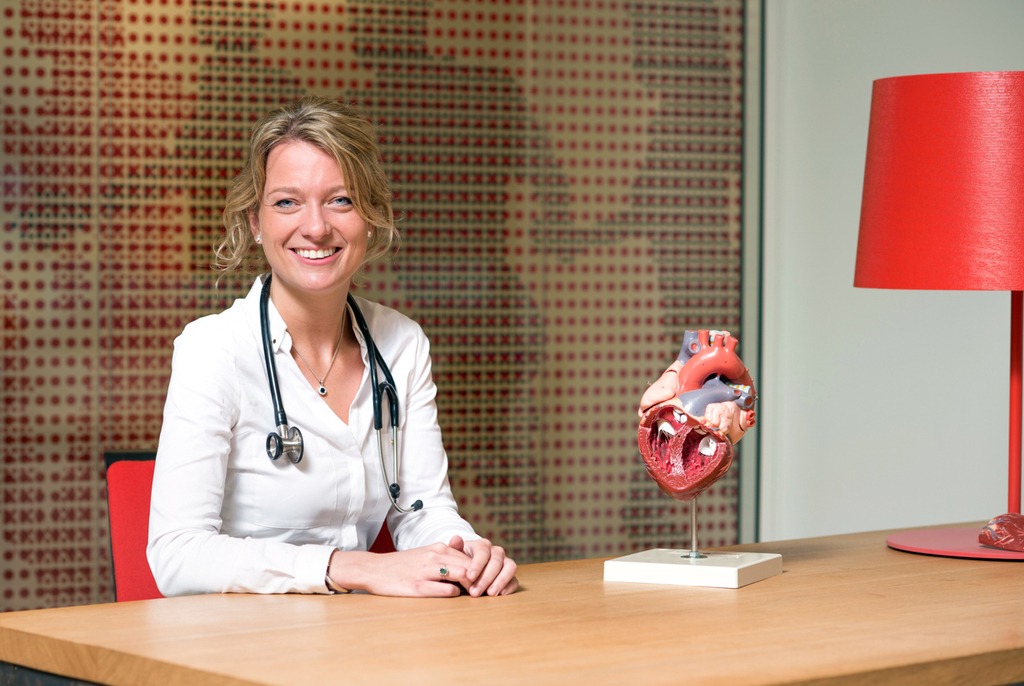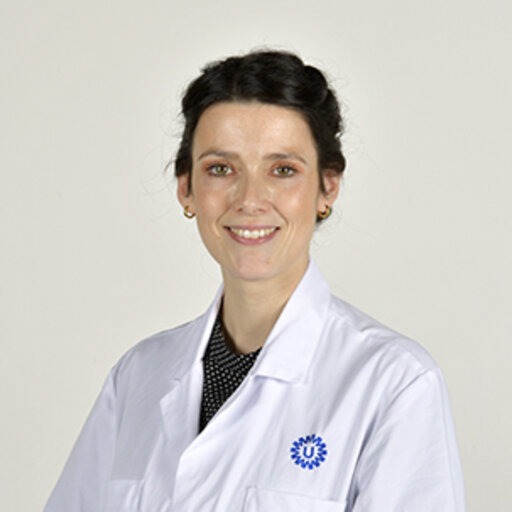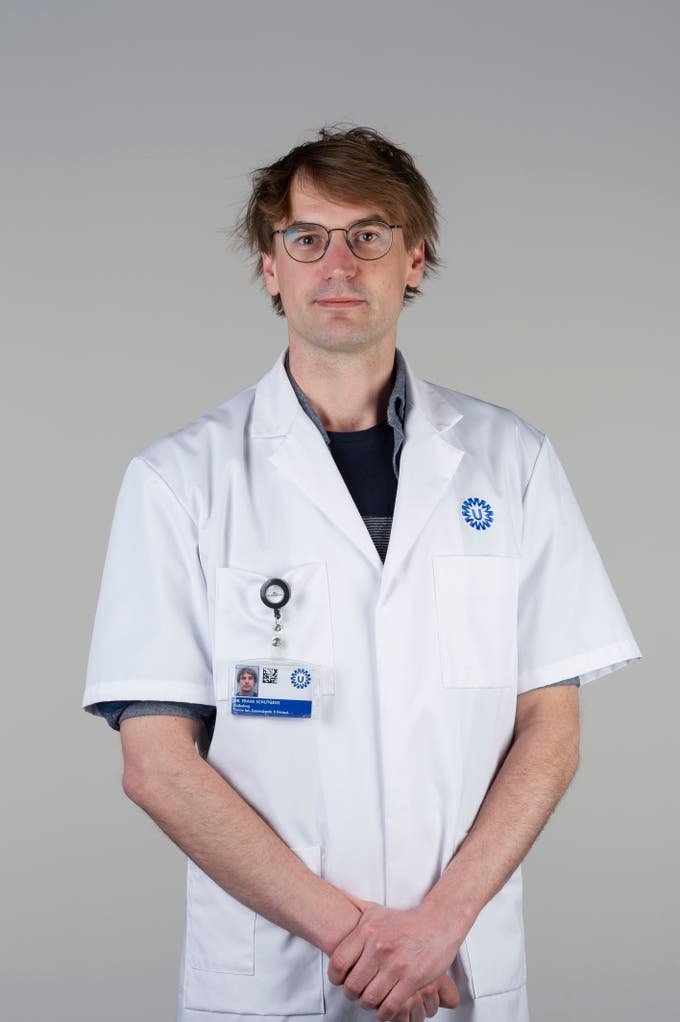Anneline te Riele, Erika Van Nieuwenhove and Frans Schutgens received a Clinical Fellows grant from ZonMw. This will give the researchers the opportunity to set up their own line of scientific research. With the grant, they will conduct scientific research based on questions from the clinic for a period of two to five years. In this way, they will form a bridge between clinical practice and science.
The researchers will focus on the following lines of research:
Anneline te Riele
Gene-First: towards better care for cardiomyopathy patients through integration of genetics
Anneline te Riele, Cardiologist
Hereditary heart diseases cause life-threatening arrhythmias and heart failure. However, there is great variation in disease course, which is caused in part by the underlying DNA abnormality. These DNA abnormalities are not considered in current treatment plans, making care for these individuals inaccurate and ineffective. The Gene-First study has two phases. In the first phase, people with hereditary predisposition to heart disease will be examined with comprehensive DNA testing, cardiac testing, laboratory techniques and questionnaires. These in-depth analyses will chart disease course and look for predictors of serious outcomes. In the second phase, results will be confirmed in an external patient cohort and aggregated into a predictive model for future disease course. More efficient and patient-centered treatment in people with (predisposition to) hereditary heart disease is the ultimate goal.
Erika Van Nieuwenhove
Characterization of patients with undifferentiated systemic autoinflammatory diseases
Erika Van Nieuwenhove, Pediatric Immunologist
We want to improve the care of children with unexplained fever and inflammation. Despite advances in genetic/functional testing, a large number of patients do not have a precise diagnosis, limiting treatment options. Our goal is to study their genes and immune system to better understand the mechanisms behind these diseases. We aim to identify different groups of children, with the goal of speeding up diagnosis and providing more targeted treatment. Using advanced genetic techniques and cell studies, we will investigate these diseases in the lab. We will analyze DNA from patients to identify both novel disease-causing genes and contributing gene combinations. We will then validate candidate genes and study their impact on the disease. Our research is crucial for rapid, accurate diagnosis and personalized treatment. Together with patient organizations, we will share and implement our findings.
Frans Schutgens
Inventarisatie van Wilms tumor heterogeniteit en de klinische implicaties daarvan ontdekken
Frans Schutgens, Patholoog
Wilms tumor (WT) is de meest voorkomende vorm van nierkanker bij kinderen. De meeste patiënten met een WT hebben een goede prognose. Een kleine groep patiënten reageert echter slecht op therapie, waardoor ze kunnen overlijden. Opmerkelijk is dat de WTen van deze patiënten onder de microscoop verschillen van tumoren waarbij de therapie wel is aangeslagen: de ‘slechte’ WTen bevatten meer cellen die ‘blasteem’ worden genoemd. De precieze functie van deze cellen is niet bekend. In dit onderzoek, gaan we blasteem met de nieuwste technieken bestuderen. We proberen eiwitten te vinden die alleen in blasteem aanwezig zijn. Deze eiwitten gebruiken we vervolgens om blasteem uit de tumoren te isoleren. Hierdoor kunnen we gericht deze celpopulatie bestuderen en medicijnen erop testen. Bovendien kunnen de eiwitten als aangrijpingspunten dienen voor de ontwikkeling van nieuwe medicatie. Zo hopen we uiteindelijk de prognose van WTen met uitgebreide aanwezigheid van blasteem te verbeteren.
ZonMw offers a total of 18 PhD and specialist clinicians the opportunity to establish their first scientific line of research. The maximum contribution per application is 200,000 euros for a duration of minimum 36 months and maximum 60 months. Read more about the researchers and grant on the ZonMw website.



